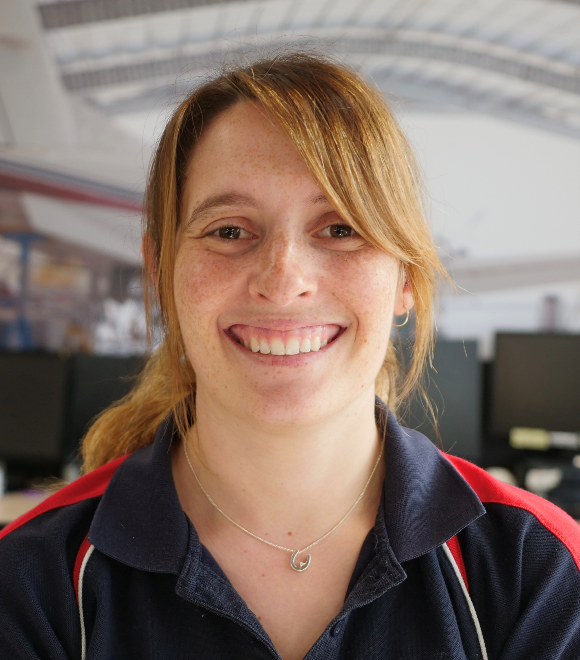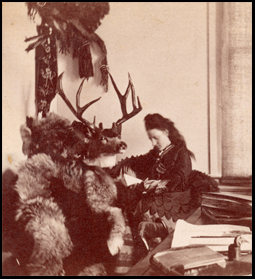Yassmin is a PhD Candidate in the school of Aviation at UNSW. Her special area of research is aviation psychology. With her work, she’s hoping to improve flight safety. Specifically, she’s interested in calculative vs. impulsive risk takers – measuring the differences and considering how we can more accurately quantify the important qualities that relate to safety outcomes.
With an undergrad degree in psychology and a strong interest in sports, she originally had aims to work in sports psychology. What brought her to aviation was something they have in common – how we make decisions under pressure and why it matters. She made a sporty lateral move to aviation. Not only is the field of aviation diverse in its potential work opportunities, but the consequences of how we understand decision making under pressure are greater, which captured and maintains her interest.
After completing her honours at UNSW (School of Aviation), she worked for four years in aviation and conducted safety investigations in commercial and aeromedical airlines, which involved assessing patterns in flight behaviors, maintenance processes, and making recommendations for improvements. But in 2020, as both an independent go-getter AND an easily bored and impulsive Gemini she decided to progress with a PhD and continue her relationship with her supervisor on their shared interest in air crew behaviour in both normal and abnormal situations.
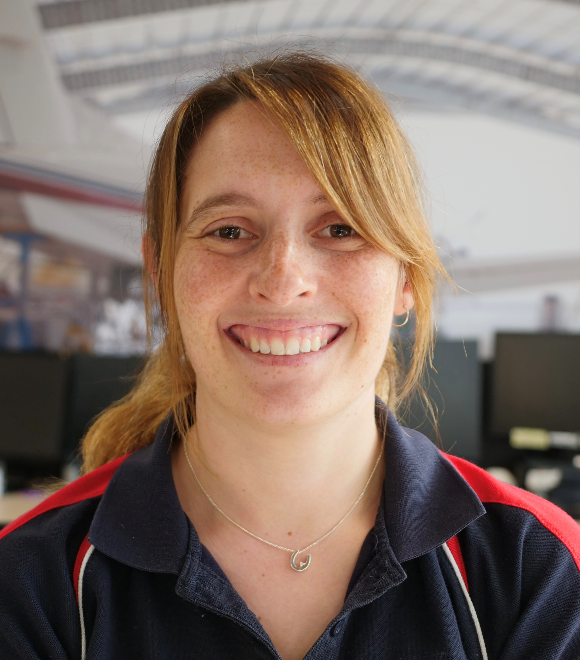
I was keen to learn how exactly she conducts experiments, and she described adventurous role-playing games in a simulator – like choose your own adventure for student pilots. For example presenting the pilots with a flight task where they can decide if they fly, and how long they fly for (depending on their risk appetite). From chatting with Yassmin, I learned that research shows an increase of Theta band (a certain wavelength in the brain) asymmetry in both hemispheres can indicate the risk propensity of an individual. Her experiment is attempting to deduce if this is replicated with pilots.
From experience, she’s learned that the way we measure calculative and impulsive risk is a bit limited. We generally define “calculative risk” as the absence of the qualities associated with impulse, but don’t go any deeper than that. So without more nuance, we are limited in our ability to understand the mechanisms and quantitative details of those calculative style decision makers AND in our ability to harness the positive qualities – both for aviation and all sorts of psychological realms. “But, risk taking isn’t always bad – being risk averse isn’t the only good quality,” Yassmin wanted to clarify.
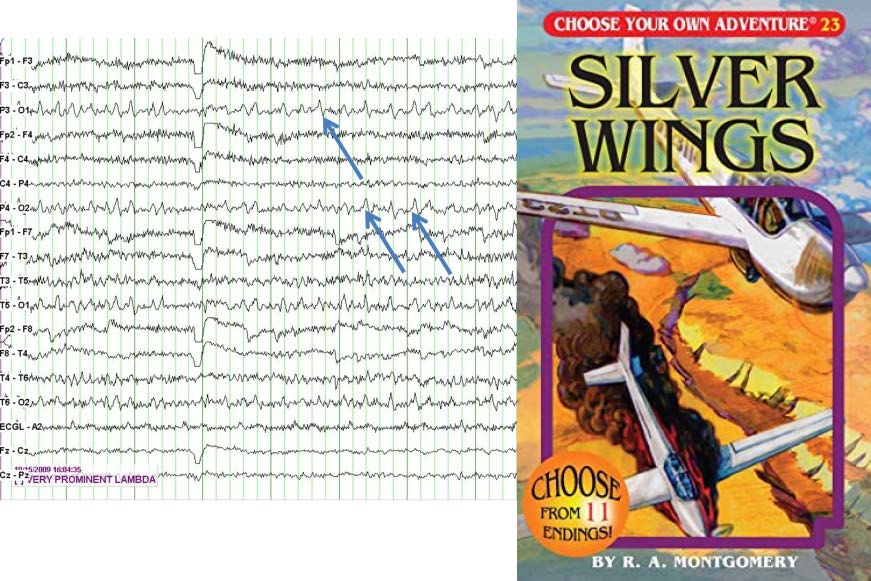
I asked Yassmin what unexpected challenges she’s encountered during her PhD. She knew the experience would help her to be adaptable, ask the right questions, and be more effective at time management. But the main surprise has been troubleshooting the Electroencephalogram more commonly known as an EEG (a machine that measures electrical activity in the brain) – particularly cleaning the data without a model (so learning from scratch). Learning by trial and error is frustrating when you are someone who wants to do things right and do them once! She’s also working on presenting publicly with confidence – which wasn’t as clutch in her previous professional roles.
Curious about what has changed in her field over the years, Yassmin informed me that a big shift relates to the role automation now plays in how planes operate. Another interesting development in her field that has changed the research focus since she started her PhD is related to Covid. “We’ve never had a time in history where so many pilots went months or years without flying. Researchers and internal investigators at airlines are looking into how this has impacted pilot mental health, communication, and skill atrophy.”
I asked Yassmin about what potential opportunities in her field look like for PhD holders, and she was super animated in describing aircraft investigations for the government, “shifting gears, being a detective, and addressing new problems all the time appeals to me for the challenge, the diversity, and the broad scope.” It’s actually something she knew about before she started her honors and it’s been a driving force in continuing her education. But regulatory bodies and large commercial airlines may offer similarly broad and impactful work opportunities. She recognizes that making changes in any workplace is hard – but especially changes in the safety realm require heaps of justification – and for a good reason!
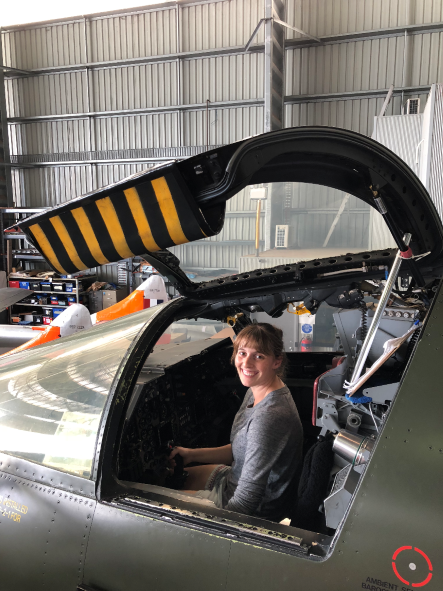
As for advice for women considering what career to pursue, she suggested they should definitely keep their options open – and be prepared for a change of mind. Total Gemini! But true, it’s great advice to always have a plan B. You might lose interest in your plan A, or discover through work/life experience that plan A might be better as a hobby. She added “stay open to learning from the life experience of other people in your field – your theoretical background will always be an asset, but other people’s lived experience is something you can really benefit from listening to and taking into consideration. “
When we sat down the day after Halloween to eat fun size candies and talk about her career, she had just learned her second paper was accepted for publication. It is a systematic review of measured risk in aviation and how we could be measuring it better – in ways that more directly relate to outcomes in real life rather than risk taking. You can check it out HERE.
Contact her on LinkedIn if you want to chat about decision making under pressure, impulse control, stand-up comedy, or recommend a history museum for her next trip out of state.

